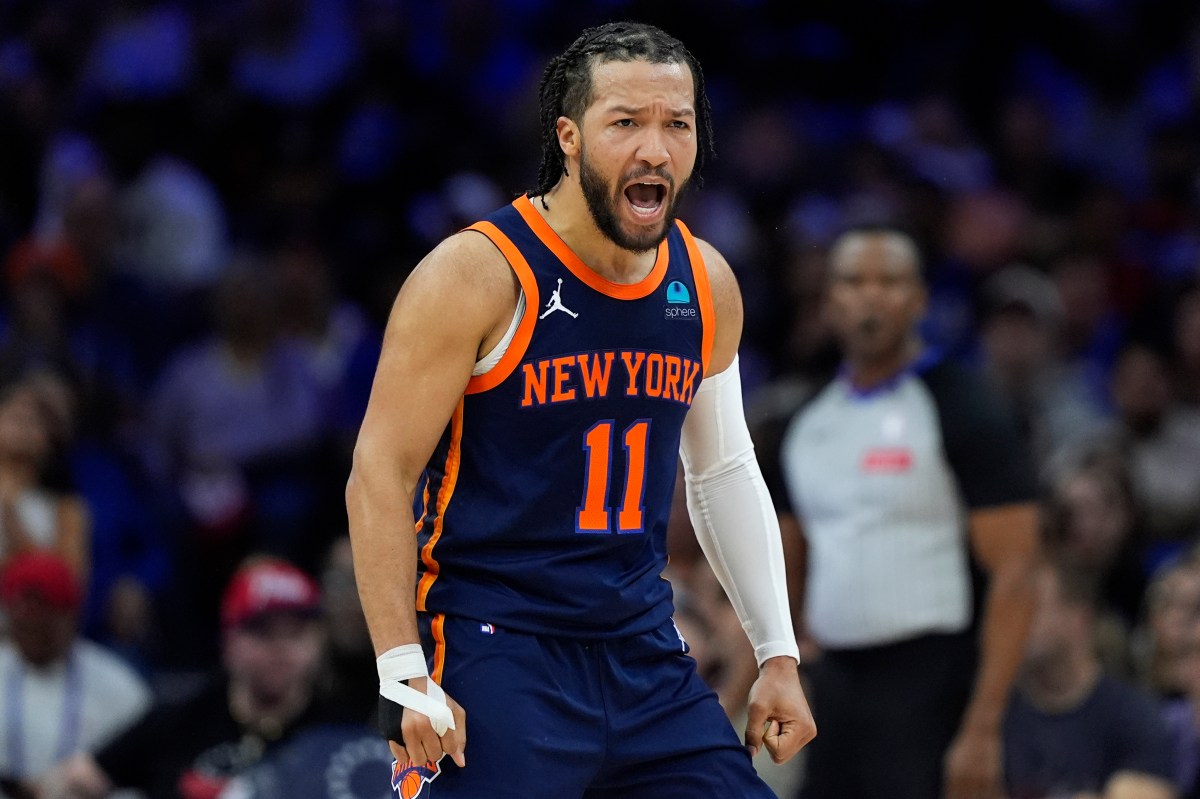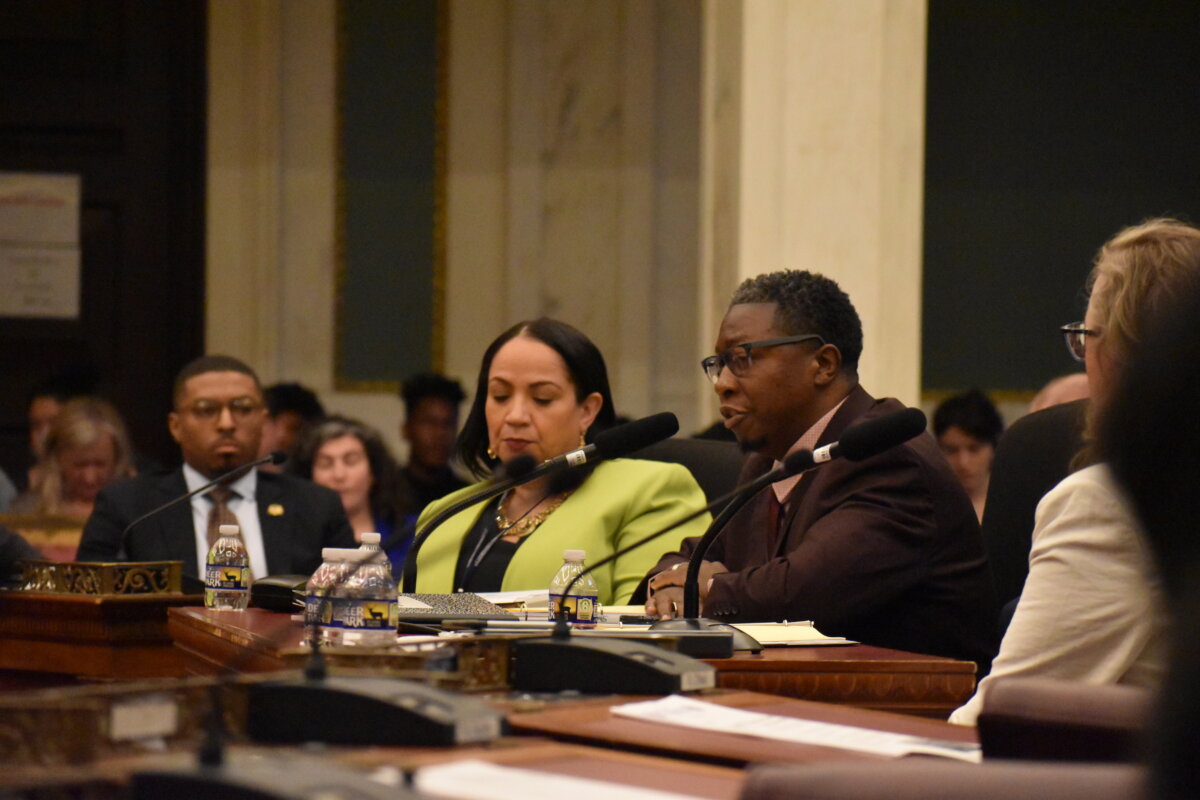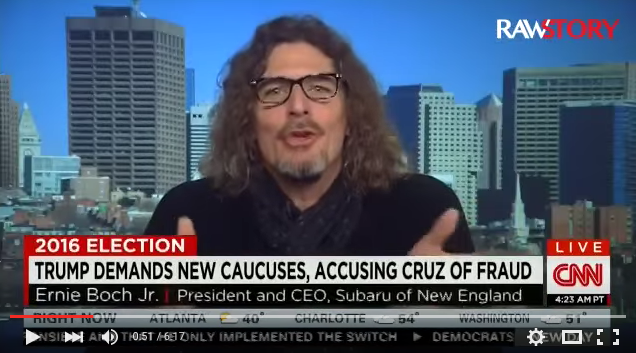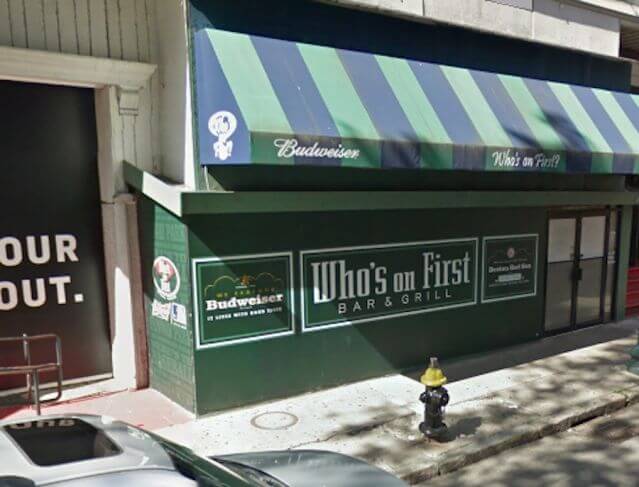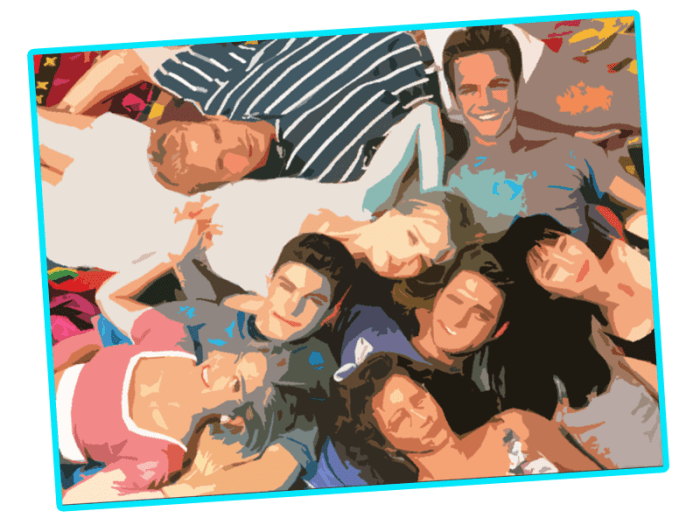Frances Armstrong’s 15-year-old daughter had been missing for 34 days after she took off with a friend who was caught up in the riptide of the ongoing opioid crisis. Her daughter was afflicted by addiction too, and was in over her head. The Police and the National Center for Missing and Exploited Children were doing all that they could to come up with any leads on her whereabouts. But once Billy Pfaff got in on the search, her stint as a runaway was up. “He started looking for her here in Chelsea and was relentless,” Armstrong said. “He tracked them down up in Lowell. My daughter had posted photos on her Facebook page and we could tell she was in a hotel room. He tracked them down, hotel to hotel all over the area.” Pfaff, 46, lost his best friend a year and a half ago to opiate addiction and has been a vigilante opiate warrior ever since, reaching out and collecting information and pleas for help on his Facebook group Heroin is Killing My Town. The group started out as a forum where those who hit hard times and ended up hooked on pills or needles could contact someone on a mission to provide judgement-free help to those who have gone astray. “When you say ‘I’m a heroin addict,’ people turn the eye on you,” Pfaff said. “I got kids in my neighborhood dropping left and right and they have nowhere to turn for help. Addicts don’t want to destroy their friends and families, but they’re talked to like animals. They’re ashamed, and when people say ‘you’re a loser,’ and they go into a program with a negative mindset, odds are they’re gonna use again.” The pain of losing his friend blossomed into a 501c3 non-profit organization and a full-time endeavor aimed at talking people into seeking treatment, hosting community conferences, returning home if they had run away, checking in on those who have gone through a program, and encouraging people to set their sights on the brighter days ahead once the addiction was behind them. “Billy bridges the gaps based on his background as a tattoo artist and a former private detective,” Deputy Chief of Billerica Police Roy Frost said. “His social network fits in with people who are out on the street and need a reliable voice. He talks their languages, he’s all tatted up, he’s a big boy. We are still trying to break down the stigma barriers. He’s prime for that.” Though he is a tough-looking dude with intense disposition, he never raises his voice or loses his cool with the folks he hopes to help.
“Even folks who don’t want to listen to him end up trusting him,” Armstrong said. “He keeps his cool and sees it through. I thought he was crazy when I first met him. Maybe he is crazy, but he’s so dedicated.” Pfaff works with about 12 individuals a week and is often seen as the ideal medium because he is not a police officer. Once the fear of being arrested is dispersed, people are more apt to talk to him. “I’m glad he’s doing what he’s doing, he’s helping people who are sick and need an advocate,” Frost said. “He’s very vocal and very committed to making a difference. We want to focus on prevention and enforcement, but we are starting to see the value in prevention impact. He reminds us that that is something we need to focus harder on.“ Pfaff has Narcan at the ready, but is reserved with it, saying that he would rather call the professionals and preform CPR on the person.
“We had a kid in Wilmington who was found practically dead one morning,” Pfaff said. “He was given Narcan and was taken for holding. He OD’ed again when he got home a few hours later.”
Instead, his voice and his presence are his strongest hands to play. He is described as an “I’m on it” guy who would go find a missing kid on Christmas Day, Billerica Substance Abuse Coordinator Mike Higgins said. “You don’t do this for money, you do it for the passion,”Higgins said. “His methods are different, but his enthusiasm is massive. We work together to get folks the help they need. All on the same page. He educates and helps those in need. He gets results, and if you don’t like what he has to say, tough luck. I wish every town had someone like him.” Helping people get cleaned up is one side of his campaign, but tearing down the social stigma of the junkie as a lost soul is his biggest objective.
“The people that get walked over are the ones he fights for,” Armstrong said. “He saved my life by saving my daughter’s life. Him rewriting their endings is him writing new beginnings.”



